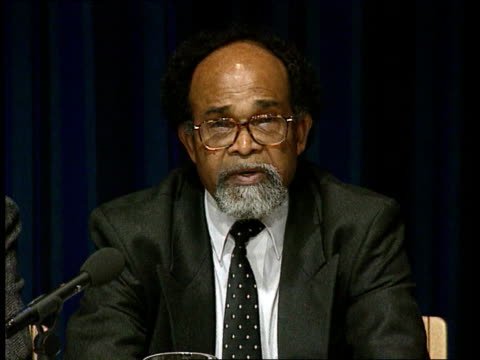A team of 1MCB barristers will be cycling from Temple to Cambridge on 21st June to raise funds for four legal charities with which Chambers has a close link.
Please do consider sponsoring them by making a donation to one or more of the following charities.
Colombian Caravana
The Colombian Caravana UK Lawyers Group is a group of international lawyers that monitor human rights abuses faced by legal professionals in Colombia. The Caravana was invited by ACADEUM (Asociación colombiana de abogados defensores ‘Eduardo Umaña Mendoza’), an umbrella organisation for Colombian human rights lawyers, to send international delegations of lawyers in 2008, 2010 and 2012. It will be sending a fourth delegation to Colombia in the week of 23rd August 2014: funds raised through the bike ride will be used to support this years’ delegation.
You can donate to this charity through BT Donate, by following this link.
Project 17
Project 17 works to end destitution among migrant children, because it believes that all children have the right to a home and enough to eat, regardless of their parents’ immigration status. To achieve its vision, Project 17 provides advice, advocacy and support for individuals. It works with families experiencing exceptional poverty to improve their access to local authority support, builds capacity in other organisations, and campaigns for the improved implementation of statutory support.
You can donate to this charity through BT Donate, by following this link.
Greenwich Housing Rights
Greenwich Housing Rights offers free, independent, specialist advice on all housing and related issues. It focusses on resolving housing problems and campaigning on housing issues affecting the residents of Greenwich and the surrounding boroughs. It also seeks to raise public awareness of housing issues and provides training to local organisations on housing and related areas of law and policy.
You can donate to this charity through BT Donate, by following this link.
The Centre for Capital Punishment Studies’ Uganda Capital Mitigation Project
The Centre for Capital Punishment Studies (CCPS) undertakes numerous pioneering activities within the field of the death penalty and penal research, with the overall aim of informing and supporting governmental moves to replace capital punishment with more humane alternatives and to give support for families of homicide victims and the condemned. Formed in 2011, the CCPS Uganda Capital Mitigation Project’s objectives are to build sustainable capacity through the training and sensitisation of lawyers, law students and judges so that capital defendants receive effective representation and a fair hearing, and to contribute to the overall development of the criminal justice system. Its partners include Makerere University law school in Kampala, the Uganda Prison Service (with which it has signed a Memorandum of Understanding), the Uganda Law Society, UNAFRI and UNOHCHR, the Death Penalty Committee in the condemned section of Luzira prison, Justice Centres Uganda and the Ministry of Gender, Labour and Social Development.
For details of how to donate to this charity, please email tanya.murshed@1mcb.com.



